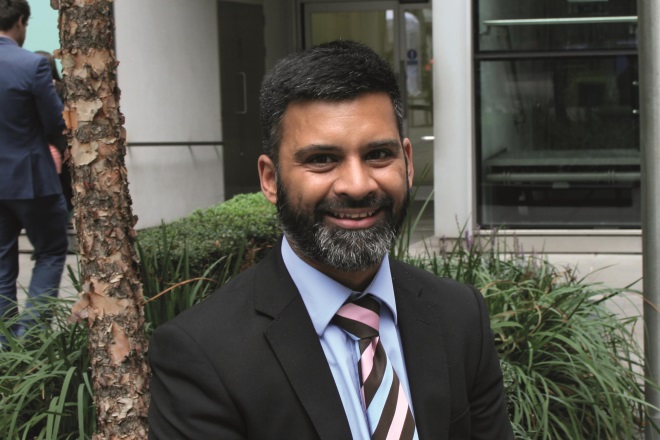
Shutterstock.com
It’s that time of year when those of you who are pre-regs really start to panic and get stressed about the General Pharmaceutical Council (GPhC) registration assessment — affectionately known as the ‘pre-reg exam’.
I have often wondered why pre-regs get stressed out about what is ultimately, just another exam.
It’s all been done before
Let’s start with the 11+ exams you sat in primary school, which were ‘big things’ then, perhaps bigger for your parents than for you at the time.
Then we get to GCSEs, which were high stakes too because grades mattered, followed by A-levels which provided you entry into your chosen course and finally, university. You have been doing exams, assessments, OSCEs, and so on, throughout your university course and have made it through those into the pre-reg year. All of these were, at the time, really important but you got through them didn’t you? So what is so special about this exam?
Theory versus practice
Now that we have established that this is just another exam, let’s think about how you can prepare for it.
Your tutors may say to you that you should read the BNF chapter by chapter as part of what they call ‘revision’, but has anyone actually read a dictionary from A to Z, reading each chapter alphabetically? Actually, I know one person who claimed to have done just that, but he will remain anonymous!
In my opinion, the best way to approach your revision is to apply the knowledge that you have from your MPharm and pre-reg and relate it to your practice and patient care. Application of knowledge means looking at prescriptions for common conditions and learning what each of the medications do in relation to the specific patient. I have used ‘WWW’ since I was a pre-reg and this has stood the test of time for me. So what is WWW?
What – Work – What
What is the drug for?
This includes patient specific indications as well as other indications — guidelines might be worth looking at.
How does the drug work?
This is the mechanism of action and pharmacokinetics/pharmacodynamics (PK/PD). You can take this to any depth you wish. The sections in the BNF before the drug monographs will generally be enough, but you may want to look again at your uni notes.
What do you monitor?
Side effects, adverse drug reactions, allergies/sensitivities, blood results, U&Es (urea and electrolytes), respiratory tests (for example, lung function tests, liver and kidney tests … the list goes on).
Find a drug that you want to know more about and test the ‘WWW’ approach to see if it works for you.
An individual approach
People approach their revision in many different ways. I am not going to suggest anything about how you revise, but will say that you have been revising for exams since childhood and that you should stick to what you know and what works for you.
Some go early and plan how they will revise diligently, while others prefer to cram things towards the end, and work better like that. Don’t change what you’re used to but preparation is key. As they say, practice makes perfect so practice as many exam questions as you can. Obvious, no? Find out what you struggle with and work on those areas more than what you’re good at.
Calculations
Many of you don’t like calculations, especially now that you can no longer just guess an answer. Find out the types of calculations that you struggle with and work through them with your mates or with your tutor. Show your working as you go through so that you understand the process. Talk to your mates or with your tutor to see how they would work out the answer, as they may have a different approach to you.
Read the GPhC guidance on calculations, especially about decimal places, and rounding up and down as this is what will play in your mind when you’re sitting there in the exam room!
Prioritise
Paper two is longer and there is a wider range of questions: some hospital, some community, and some industry. You won’t necessarily be able to answer all of these questions, so have a strategy.
Mine is to go through the paper first and identify questions which I ‘can do’, ‘might be able to do’ and ‘can’t do’. Bank the questions you ‘can do’ before going to the ‘might do’s’ and leave the ‘can’t do’s’ until the end.
Final words of advice
On the day, don’t panic and make sure you read the question, read the question and read the question!
Good luck, and may the Force be with you.

Aamer Safdar is the principal pharmacist lead for education, training and development at Guys and St Thomas’ NHS Foundation Trust and has many years of experience managing the pre-registration programme at his hospital. Aamer is an author of the Hospital Pharmacy Pre-registration book and is also a Fellow of the Royal Pharmaceutical Society (RPS) and a member of the RPS English Pharmacy Board.



